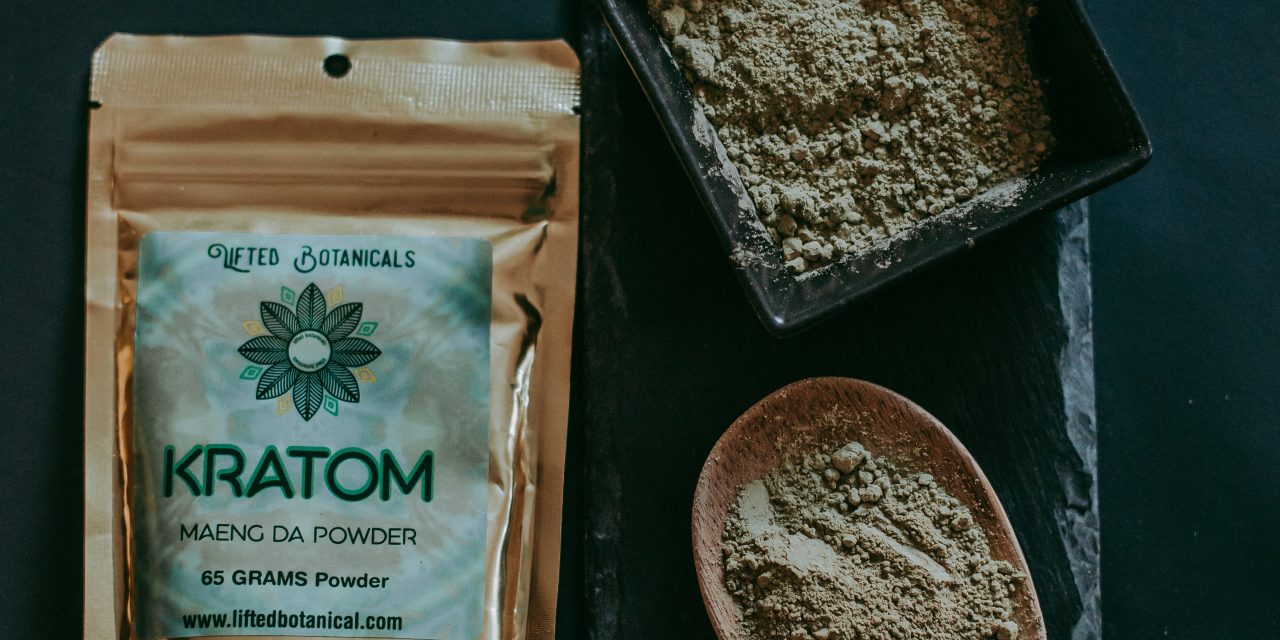In recent years, more and more people have been asking questions about the legality of kratom capsules. After all, this herbal supplement has exploded in popularity due to its energy boosts and relaxation relief capabilities – but it still hasn’t been regulated as a generic medication or approved for over-the-counter sale by the FDA. With statutes continually changing and new regulations cropping up, it can be hard to keep track of where Kratom stands legally speaking with any certainty. That’s why we’ve gathered an exhaustive list of four key points you must understand before making assumptions about the Kratom capsule legality in 2023
Key Points You Must Know About The Legality Of Kratom Capsules
1. The Current Legality
Kratom Capsules are not currently illegal in the United States. The Drug Enforcement Administration proposed to classify Kratom as a Schedule I drug back in 2016, which would have classified the plant as a dangerous drug with no medical benefit. However, after public outcry, the DEA withdrew the proposal. Since then, the legality of these capsules has been in the gray zone.
Currently, it is legal on a federal level, with some restrictions in a few states. The Drug Enforcement Administration has classified kratom as a “drug of concern,” meaning there is potential for abuse and dependence. Nonetheless, many enthusiasts swear by the benefits of the plant and its effects on their well-being. It is important to stay up-to-date on the legislation regarding kratom and understand the potential risks and benefits before consuming it.
2. The Kratom Consumer Protection Act
The Kratom Consumer Protection Act is a piece of legislation implemented to ensure the safety and integrity of Kratom products. This act stipulates strict regulations on vendors, ensuring they are transparent and truthful with their labeling and marketing claims. It requires vendors to have their products tested by a third-party lab to prove their purity and safety. By establishing these regulations, the Consumer Protection Act provides peace of mind to consumers by ensuring they are buying a quality product free from harmful additives. The act also provides a clear legal framework that benefits vendors and consumers, allowing for a trustworthy and reputable market.
3. State-Specific Laws
Kratom laws vary according to state jurisdiction. It is illegal in some states like Alabama, Arkansas, Vermont, Rhode Island, and Wisconsin. On the other hand, several states have implemented regulations like the Kratom Consumer Protection Act. It is crucial to check the laws specific to your state before purchasing these capsules.
4. FDA Guidelines on Usage
The U.S. Food and Drug Administration has not approved these capsules for any medical use, and it is treated like other herbal supplements. The FDA has issued guidelines to the public on using Kratom, as its properties have caused concern in recent years. The FDA warns users not to consume any products labeled as containing the plant as they may contain harmful contaminants such as heavy metals and salmonella. The FDA also advises those consuming Kratom to seek medical help immediately if they experience unwanted side effects. It is important to understand the guidelines and cautions before consuming any products labeled as Kratom.
5. Research
Kratom capsules’ medicinal effects are not yet fully researched to fully understand their benefits and risks. Thus, being cautious while using these capsules and speaking with a healthcare professional beforehand is important.
6. Age Limits for Buying Capsules
Age limits have been put in place for purchasing these capsules, varying depending on state laws. While some states require consumers to be at least 18 to purchase these capsules, others have set the minimum age limit at 21. Proponents of age limits argue that Kratom can be addictive and adversely affect developing brains. It is important to stay informed on the age limit requirements for these capsules in your state to ensure compliance with the law.
7. The Future of Kratom Capsules Legalization
The future of Kratom capsules’ legality is uncertain, with the FDA repeatedly raising concerns about its potential side effects. While the Consumer Protection Act has paved the way for Capsules’ safe usage, it is essential to keep oneself updated with the legality changes in the future
Punishment for not following state laws for Kratom
Many states across the U.S. have implemented specific laws and regulations on using and distributing kratom as a result. However, not everyone has adhered to these state laws, leading to various forms of punishment for individuals and businesses. These consequences can include fines, imprisonment, and in some extreme cases, the revocation of licenses or permits. Anyone handling or consuming this herb must educate themselves on the applicable state laws to avoid legal repercussions.
Countries Where Kratom is Legal
Kratom is legal in countries like the United States, Canada, and the United Kingdom. Some other countries, such as Australia, Thailand, and Malaysia, have specific regulations around its usage. For instance, in Thailand, consuming the herb without a doctor’s prescription is illegal. As with any substance, it is important to be informed and knowledgeable about its legal status before using it.
Countries Where Kratom is Not Legal
Countries such as Malaysia, Myanmar, Thailand, and Australia have banned Kratom, whereas the United States has implemented regulations and restrictions on its distribution. These varying laws are mainly due to a lack of research on the plant and its effect on individuals. The controversy surrounding Kratom remains ongoing, so it is crucial to stay informed on the latest regulations and updates in countries where it is not legal.
Conclusion:
Kratom Capsules’ legality is complex, with different states having different regulations. While some states have banned the usage altogether, others have passed the Kratom Consumer Protection Act to ensure its safe usage. The FDA’s repeated caution about its potential health risks adds to the uncertainty. Understanding your state’s laws and being cautious while using these capsules is crucial. Staying updated with the ongoing legal discussions about these capsules and the FDA guidelines will help you make informed decisions regarding Kratom usage.







Recent Comments